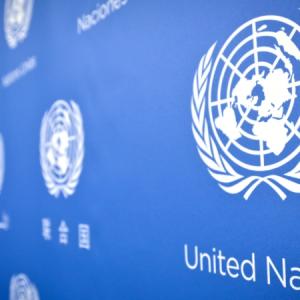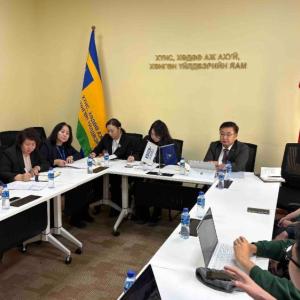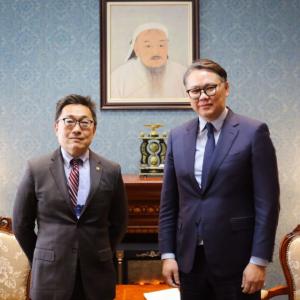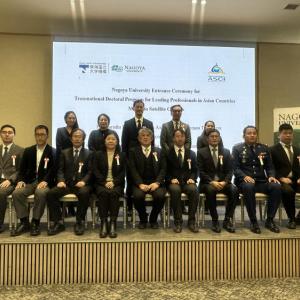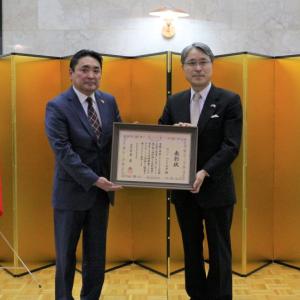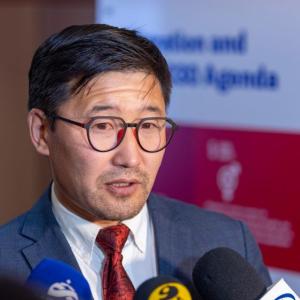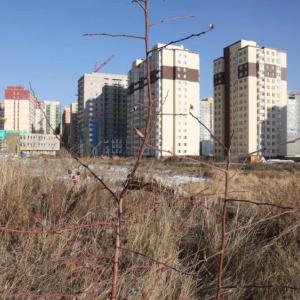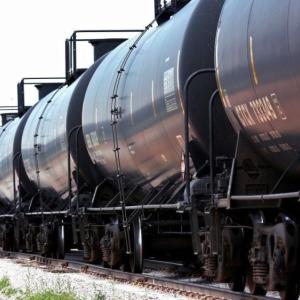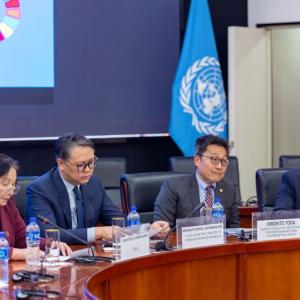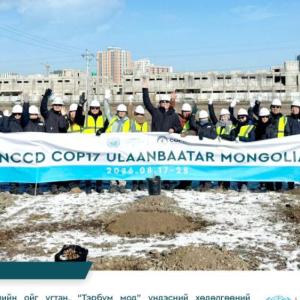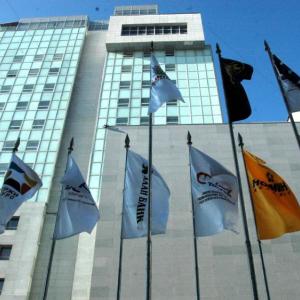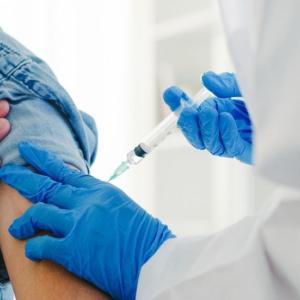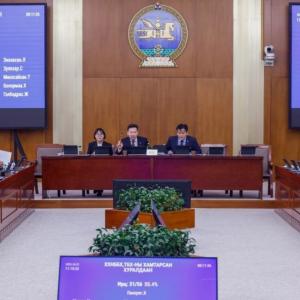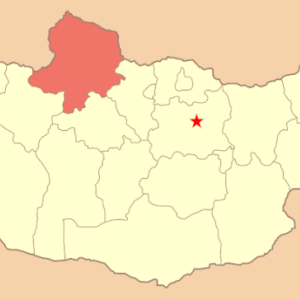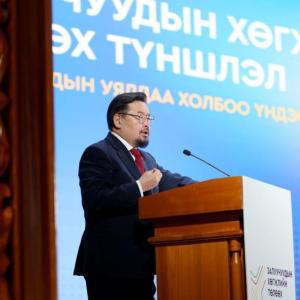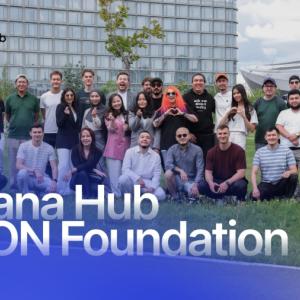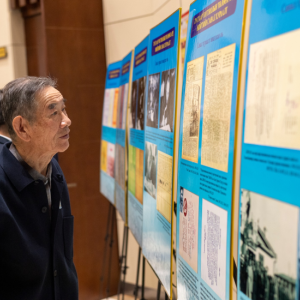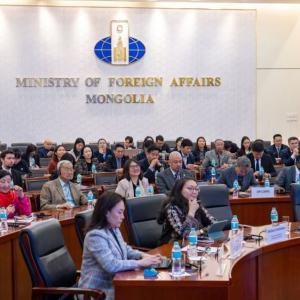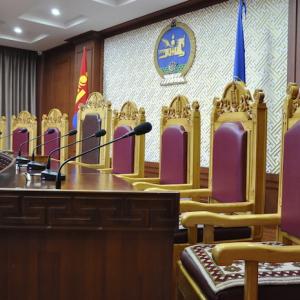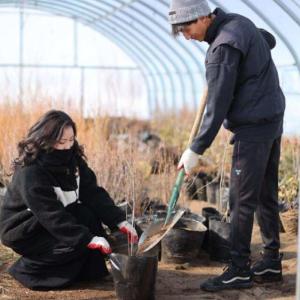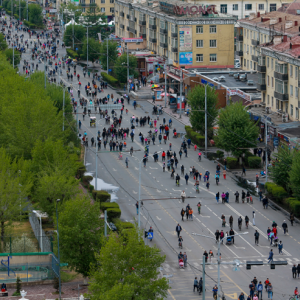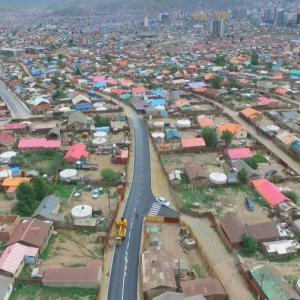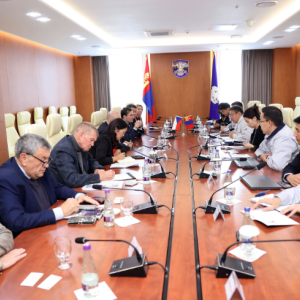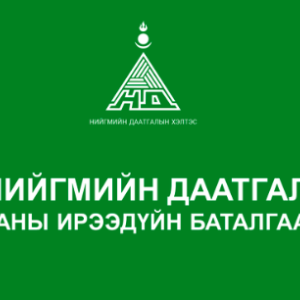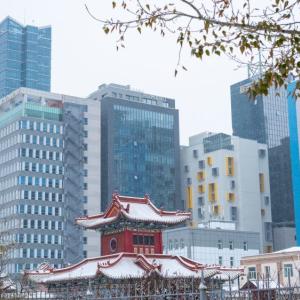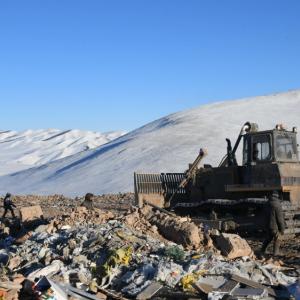“Food safety, everyone’s business”
Society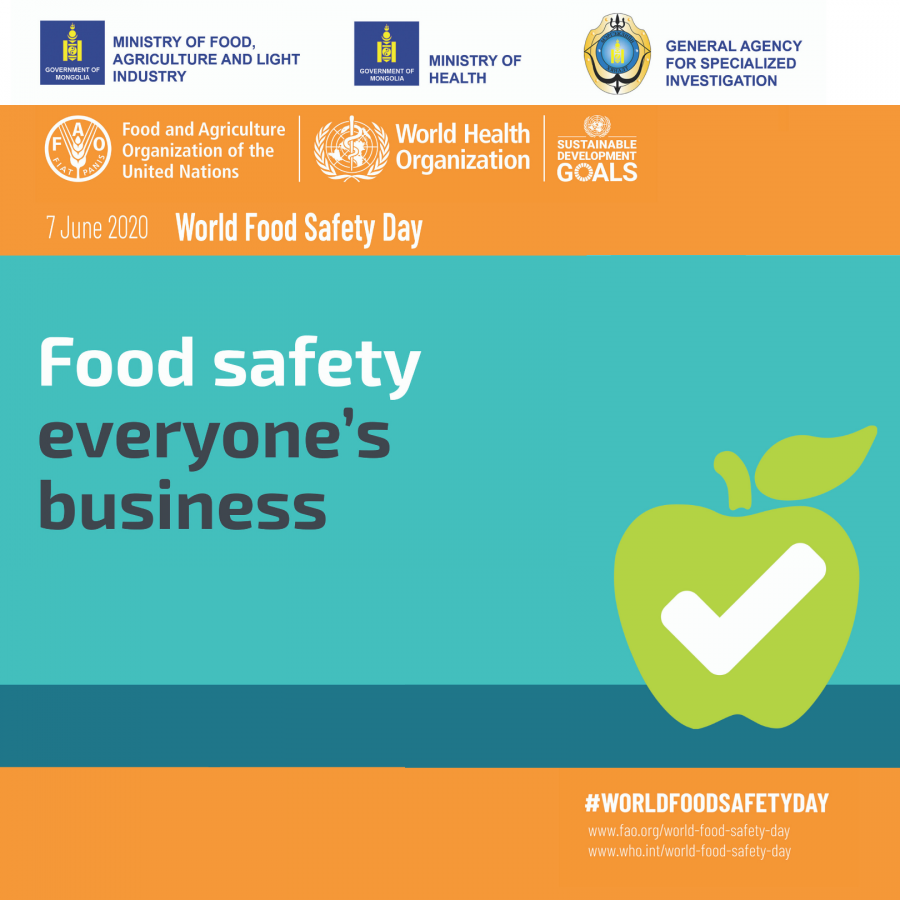
Joint statement by Ministry of Food, Agriculture and Light Industry, Ministry of Health, United Nations Food and Agriculture Organization and World Health Organization
Everyone has the right to safe and nutritious food. When food is not safe, children cannot learn, adults cannot work. Human development cannot take place. Safe food is critical to promoting health and ending hunger, two of the 17 goals of the 2030 Agenda for Sustainable Development. During this time of pandemic brought on by the spread of COVID-19 has increased the awareness on keeping the people healthy and safe.
United Nations General Assembly proclaimed 7th of June as the World Food Safety Day. For the second observance of World Food Safety Day (WFSD), all stakeholders are invited to raise awareness about food safety and to highlight that everyone involved in food systems has a part to play. If it is not safe, it is not food. Food security is achieved when all people, at all times, have physical and economic access to food that meets their dietary needs for an active and healthy life. In fact, food safety is a critical part of the utilization component of the four dimensions of food security – availability, access, utilization and stability.
While COVID-19 has heightened awareness about the need for personal hygiene, it has also reminded everyone that similar good hygiene practices are always needed in the preparation and handling of food. Keeping food safe is a complex process that starts on the farm and ends with the consumer.
Through complementary mandates, Food and Agriculture Organization of the United Nations (FAO) and World Health Organization (WHO) together cover a range of issues to support global food safety and protect consumer health. “Keeping food safe is a complex process that starts on the farm and ends with the consumer.
FAO is overseeing all aspects of the food chain, thereby providing a unique, 360° vision on food safety We have integrated Good Agricultural Practices (GAP), to food standards in processing, such as CODEX in our line of programme to improve the risk based food surveillance at all level of food value chain” says Vinod Ahuja, Representative of FAO in Mongolia.
WHO facilitates global prevention, detection and response to public health threats associated with unsafe food. Emphasizing that food safety is everyone’s business, WHO Resident representative to Mongolia Dr Sergey Diorditsa said, “The World Health Organization estimates that more than 600 million people fall ill and 420 000 die every year from eating food contaminated with bacteria, viruses, parasites, toxins or chemicals. Food safety is a shared responsibility between governments, producers and consumers. Everybody has a role to play from farm to table to ensure the food we consume is safe and will not cause damages to our health. Through the World Food Safety Day observed for the 2nd year, we will pursue our efforts to mainstream food safety in the public agenda, and we will continue working with the Ministry of Health (MoH), Ministry of Food, Agriculture and Light Industry (MoFALI), FAO and counterparts” to further reduce the burden of foodborne diseases in Mongolia.”
FAO and WHO in Mongolia are working together with General Agency for Specialized Inspection, Ministry of Food, Agriculture and Light Industry (MoFALI), Ministry of Health (MoH) and National Security Council (NSC) to improve the food safety control system by analyzing the implementation of basic food and food safety laws and promote risk based food control system.
Under the auspices of President of Mongolia, Mongolian Food Industry Association, MoFALI, NSC FAO jointly organized the “National Food Safety Forum” in 2017. Recommendation has been delivered to the policy makers as the result of the forum. Government of Mongolia’s decisive early actions have proved to be one of the most efficient preventive measures against COVID-19 with no local transmission up to date and most importantly, food production is being continued without any disruption. Government of Mongolia is implementing “Healthy food – Healthy Mongolian” national programme until 2023 to improve the public health by promoting safer food. Mr Ulaan Ch, Minister of Food, Agriculture and Light Industry have highlighted the importance of the National programmes and its sub-programmes to pass on healthy eating habits and the safe food production and choice to younger generation. “We have strong partnership with the FAO to promote safer food standards and increase local food production. Our priority has become to improve the vegetable production locally to increase the supply for domestic market and increase food diversity in this time of pandemics to promote health through food choice.”
“The Ministry of Health is closely working with WHO and disseminated the recent WHO guidance on food safety during the time of COVID-19 to all respective parties. With protective measures in place such as hand hygiene, there were no outbreaks of foodborne disease in 2020. Food safety is everyone’s responsibility, and by following food safety measures together we can protect ourselves and promote our health. Healthy and safe food is the essence of good health.”, said Ms Sarangerel, Minister of Health, and encouraged everyone from producers to consumers to take active role in keeping food safe.
COVID-19 pandemic is having worrying impacts on household incomes, food supply chains, health services. To combat ongoing changes in the world, climate, global food production and supply systems that affect consumers, industry and the planet itself, everyone needs to consider food safety now and in the future. We would like to call upon everyone - governments, donors, partners, food producers, business operators, consumers; to action to ensure food safety. Whether you grow, process, transport, store, distribute, sell, prepare, serve or consume food, you have a role to play in keeping the food we consume safe.
 Ulaanbaatar
Ulaanbaatar







